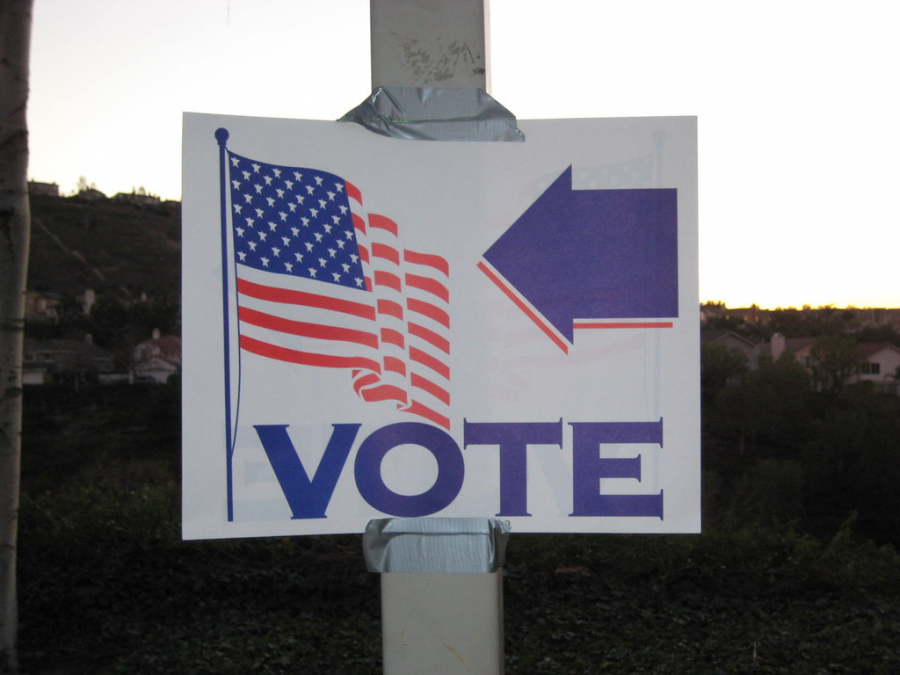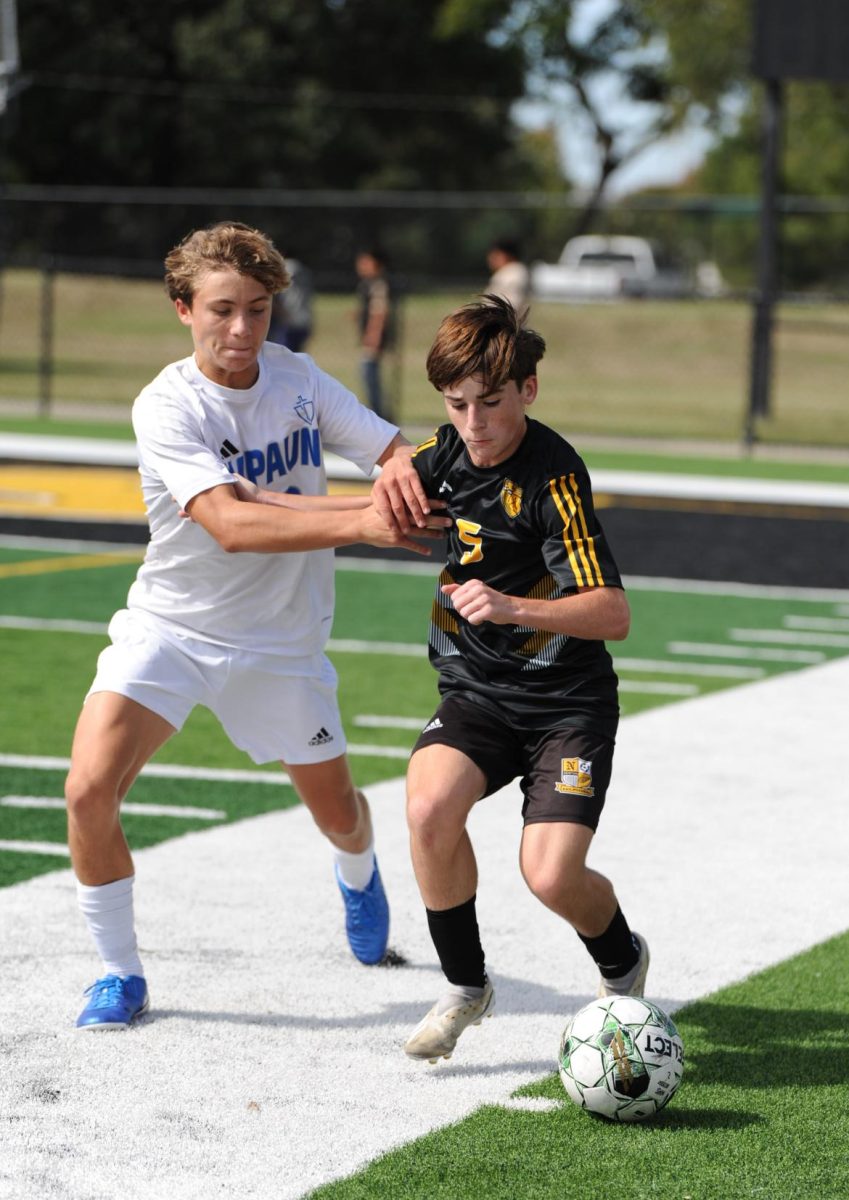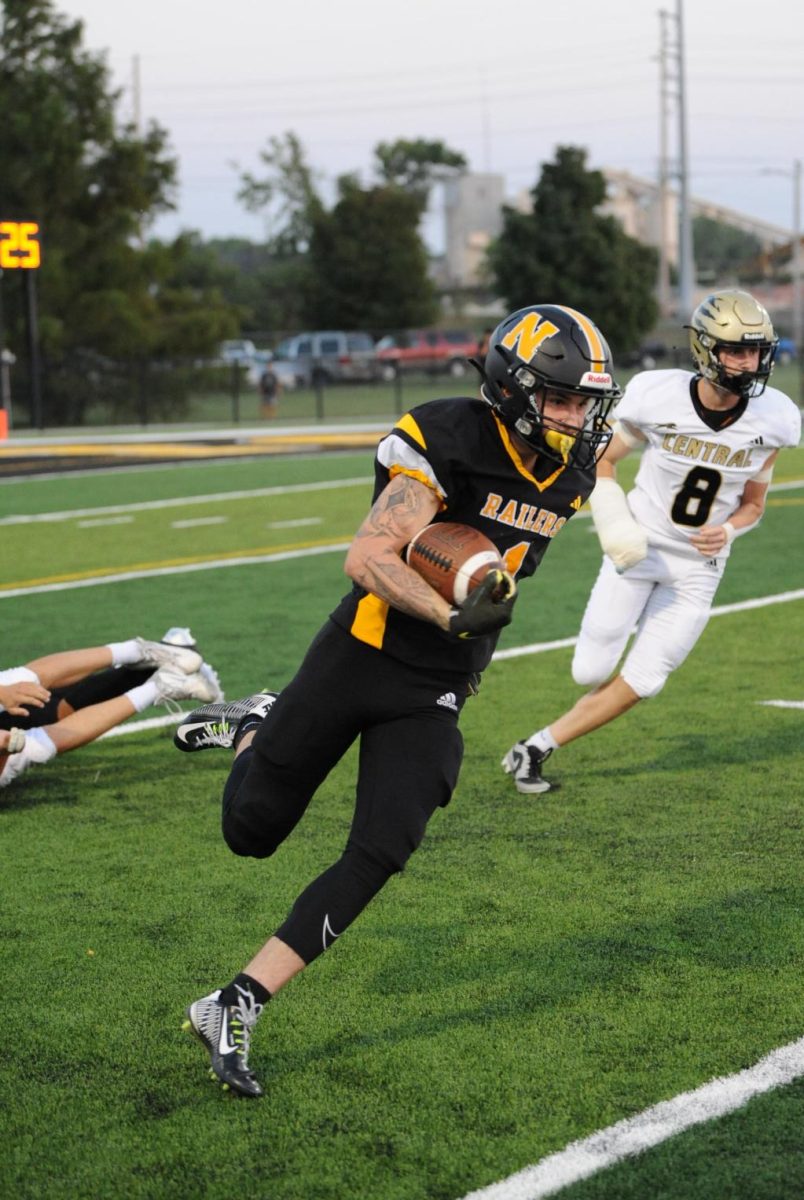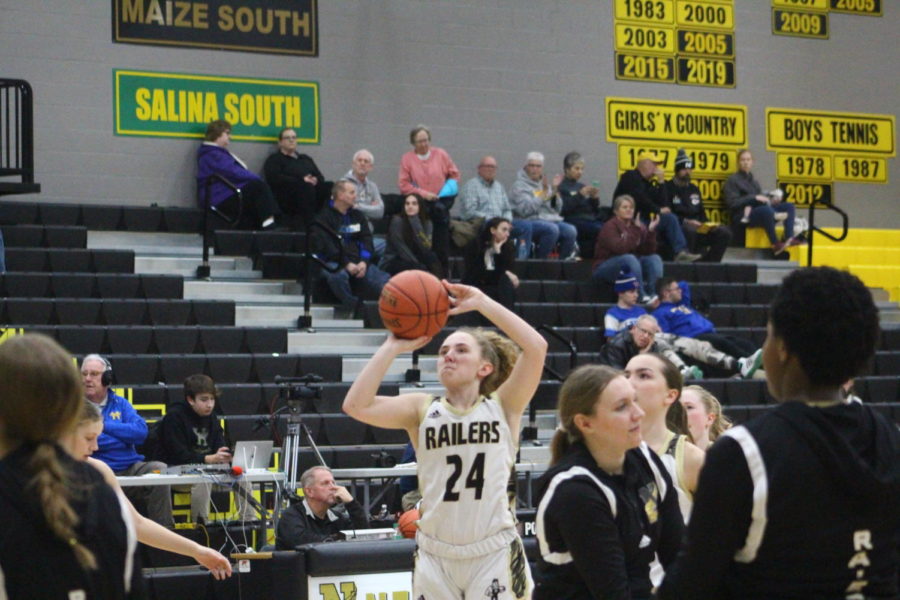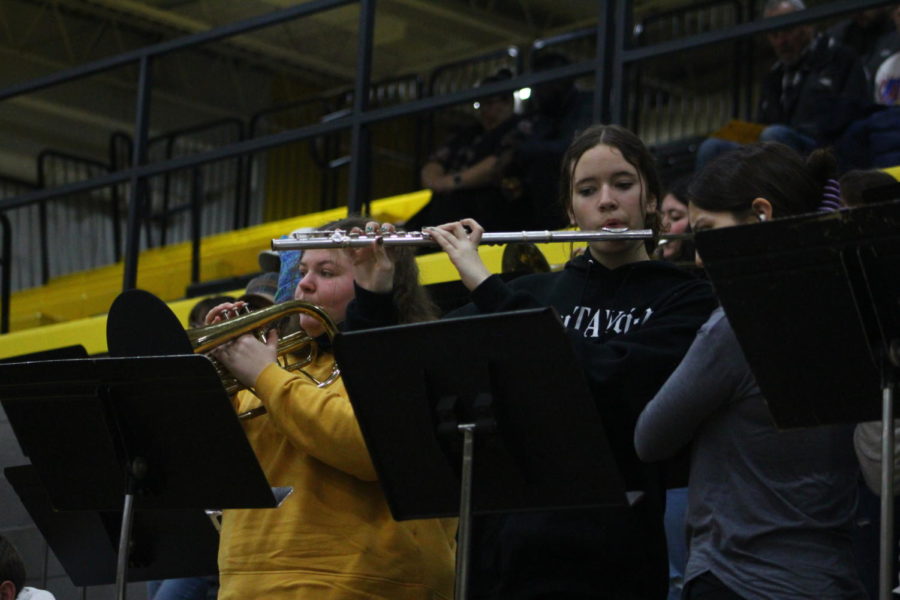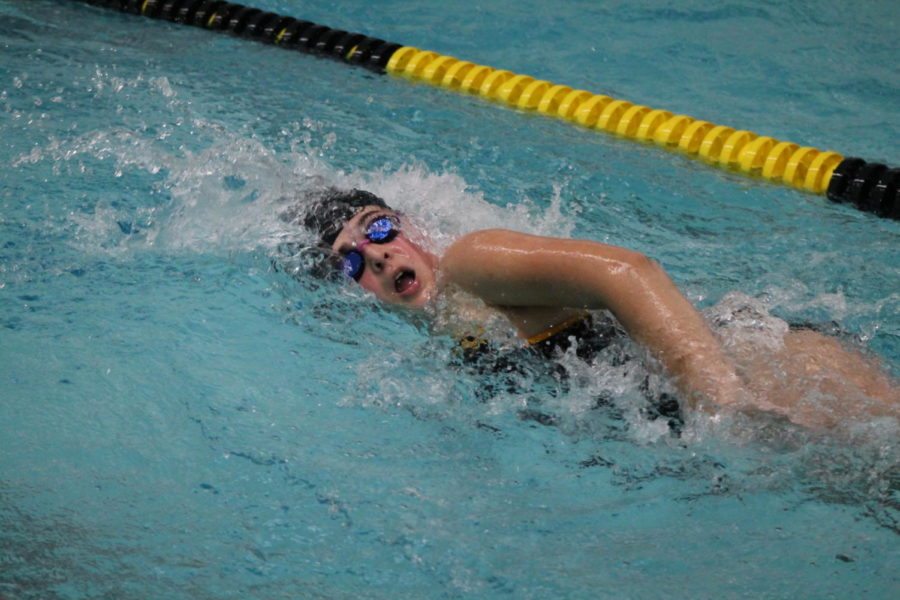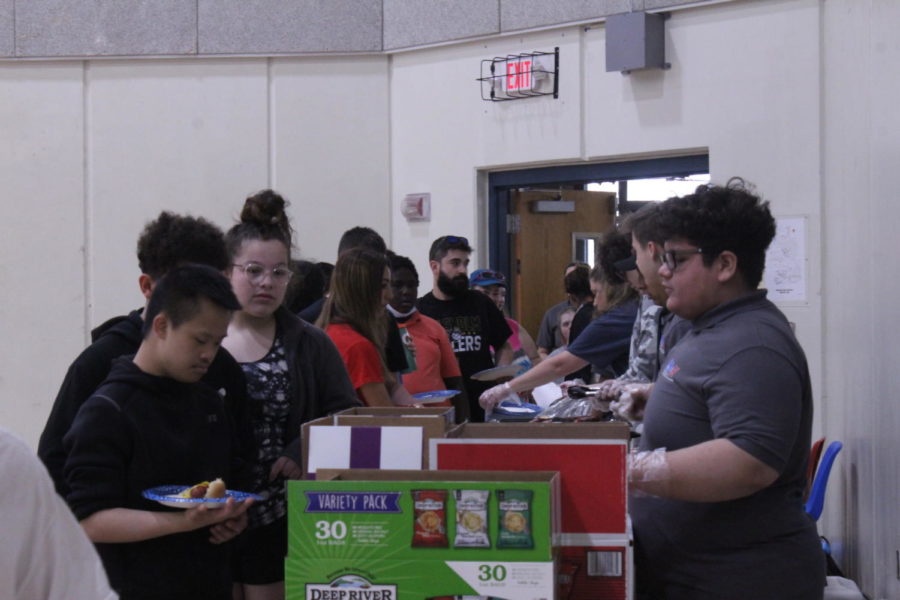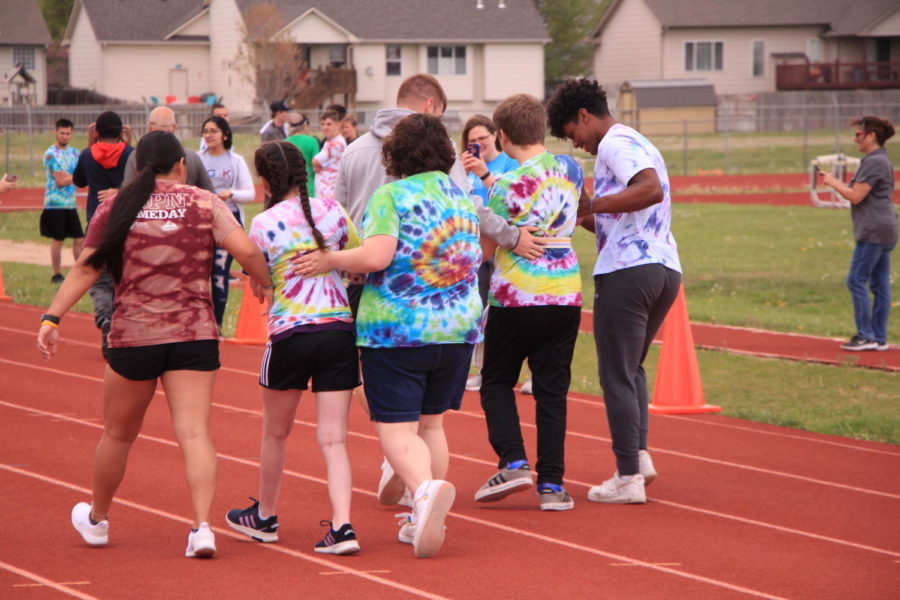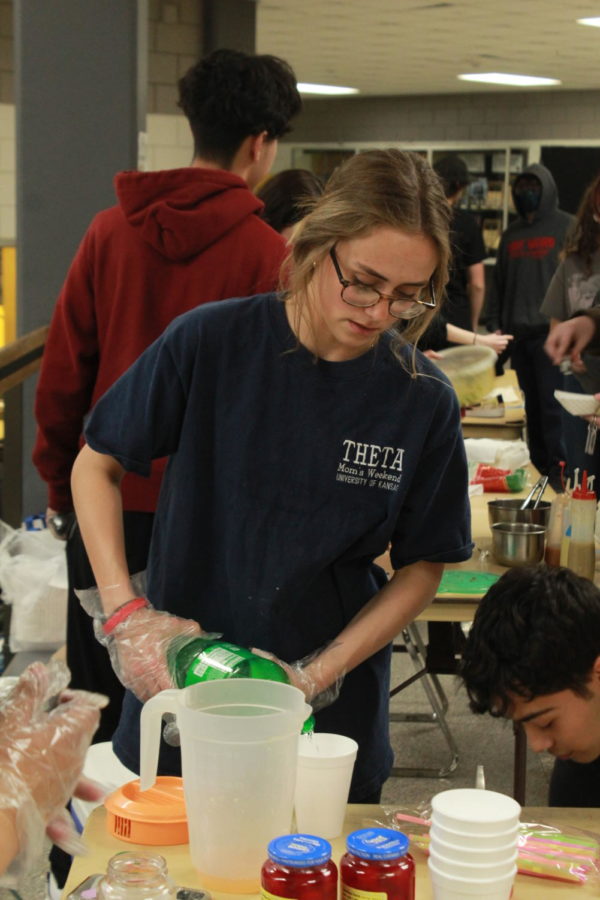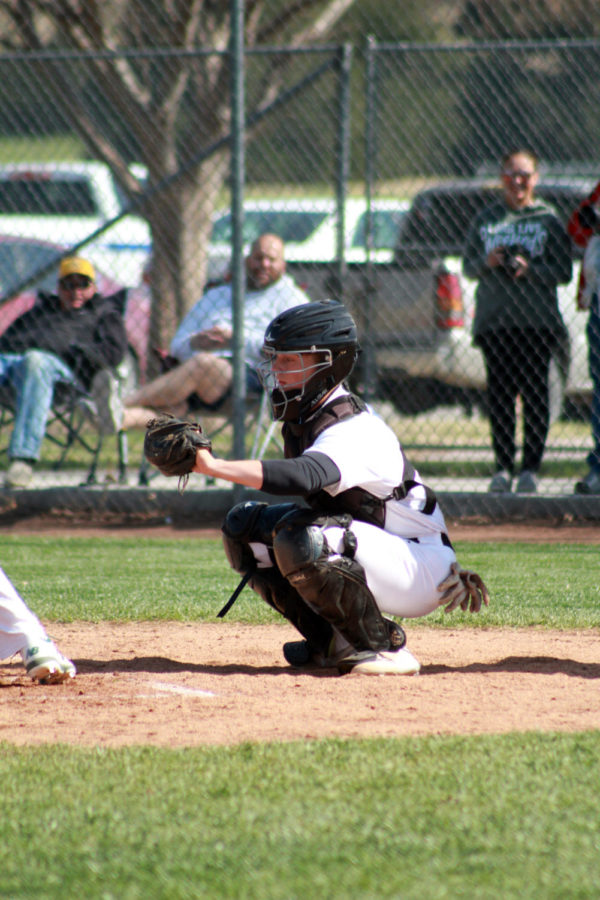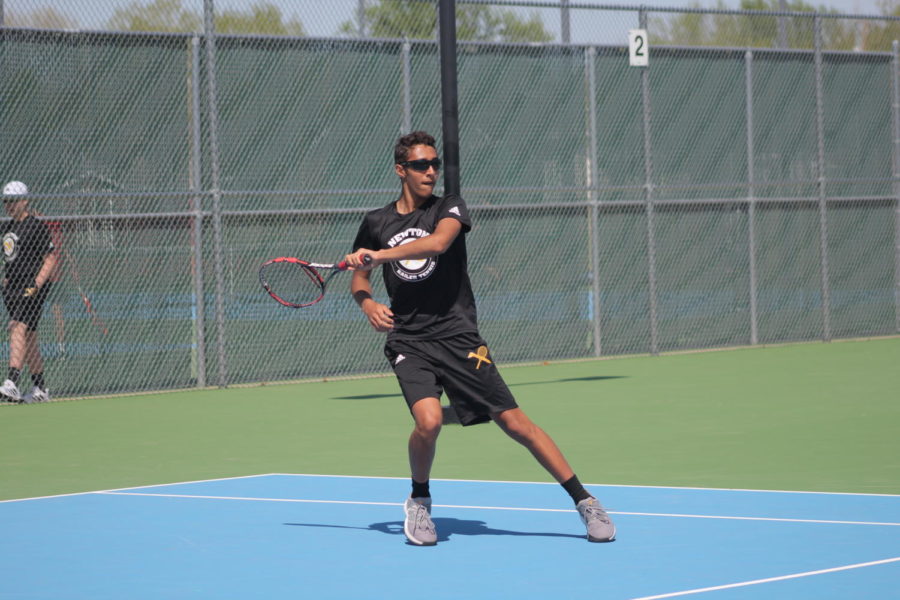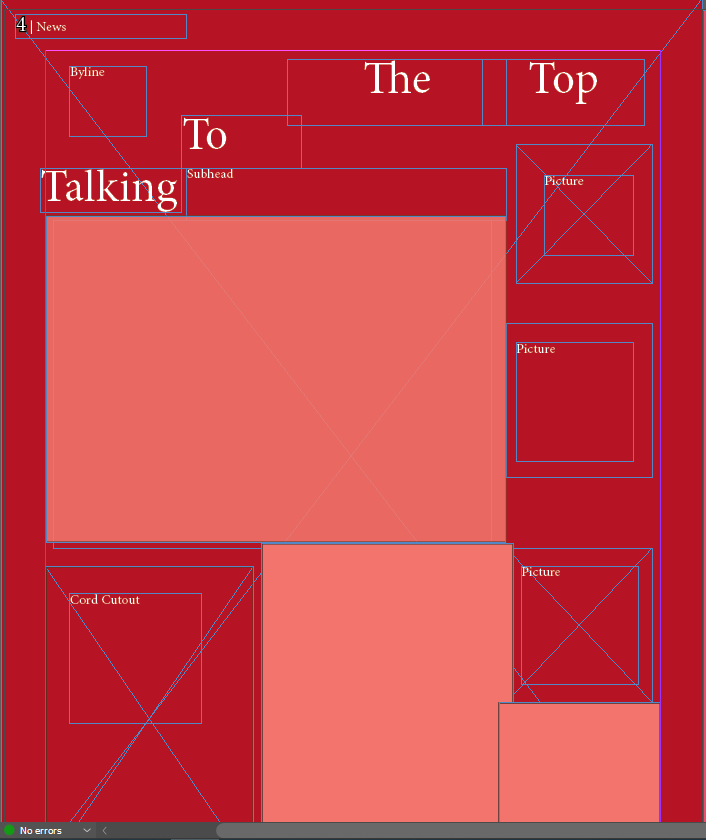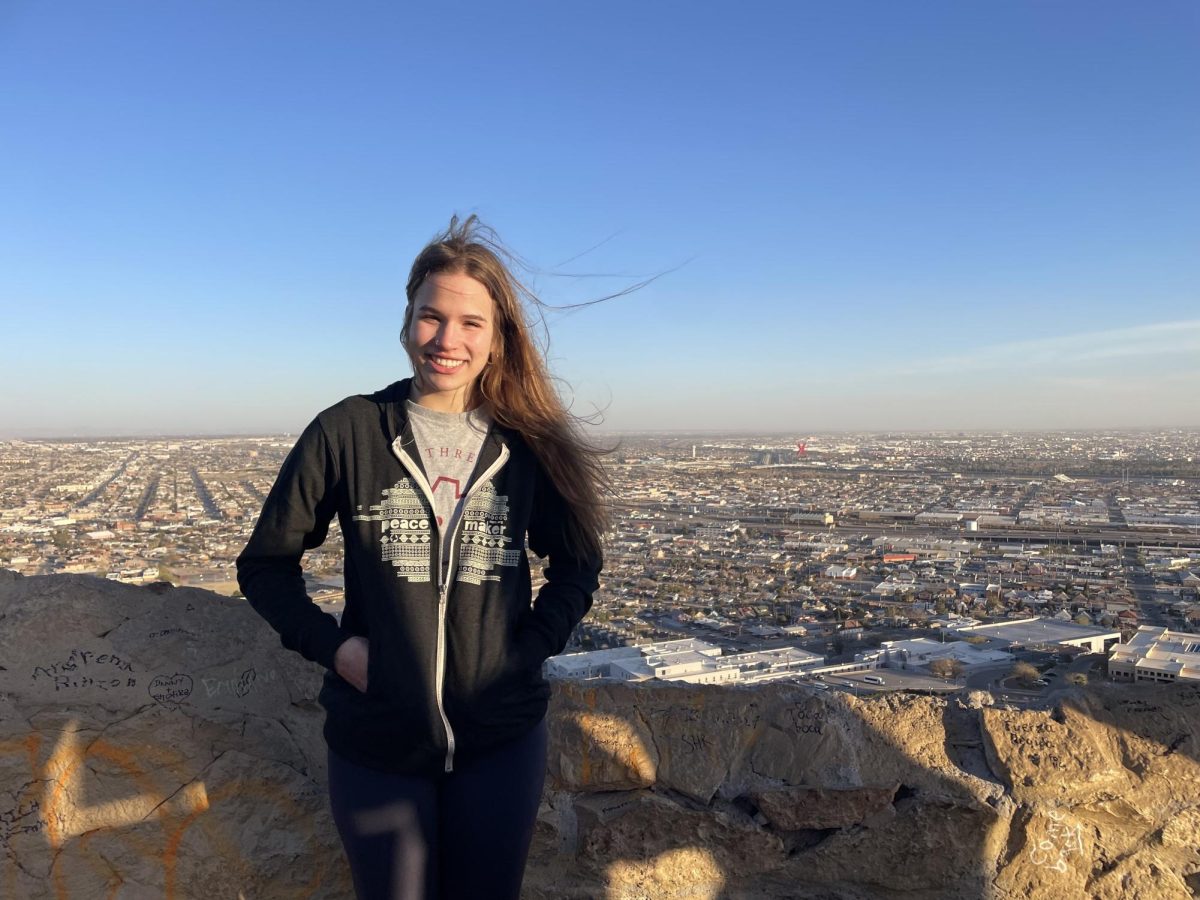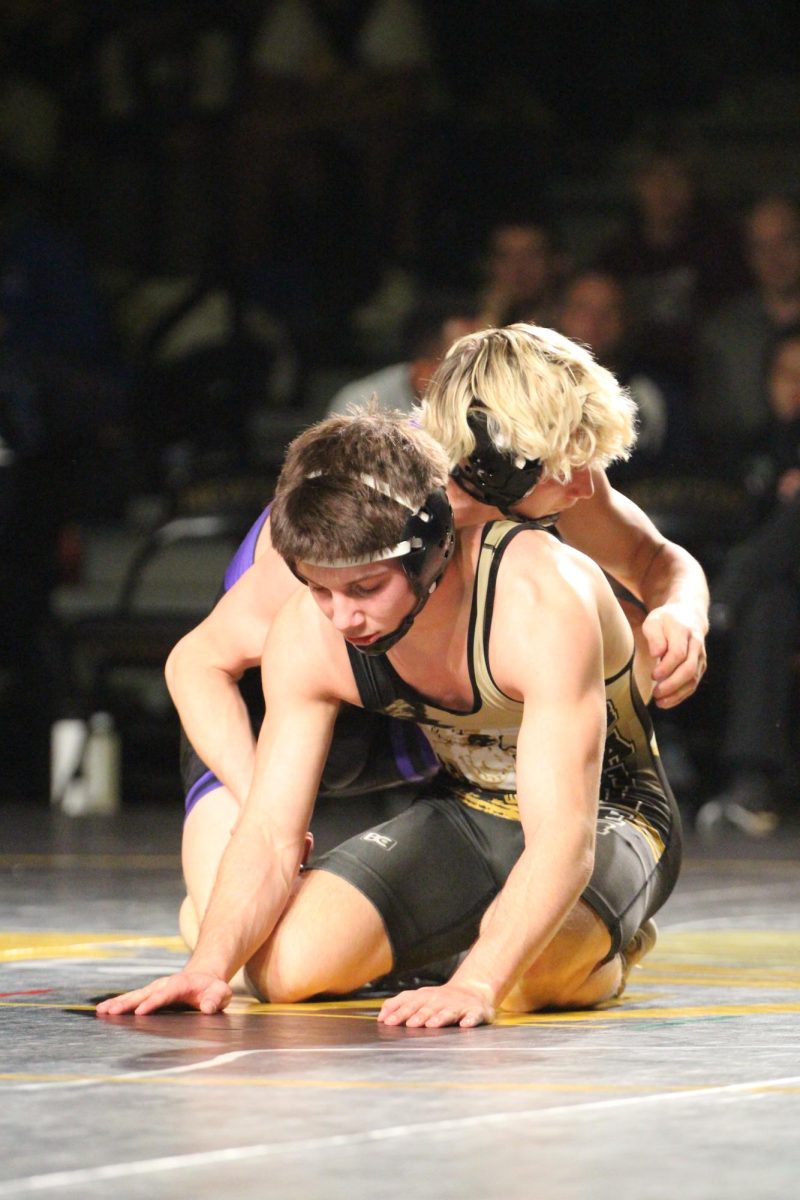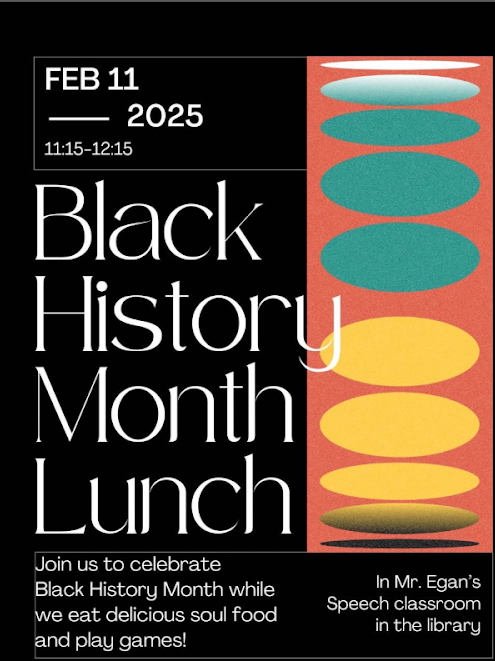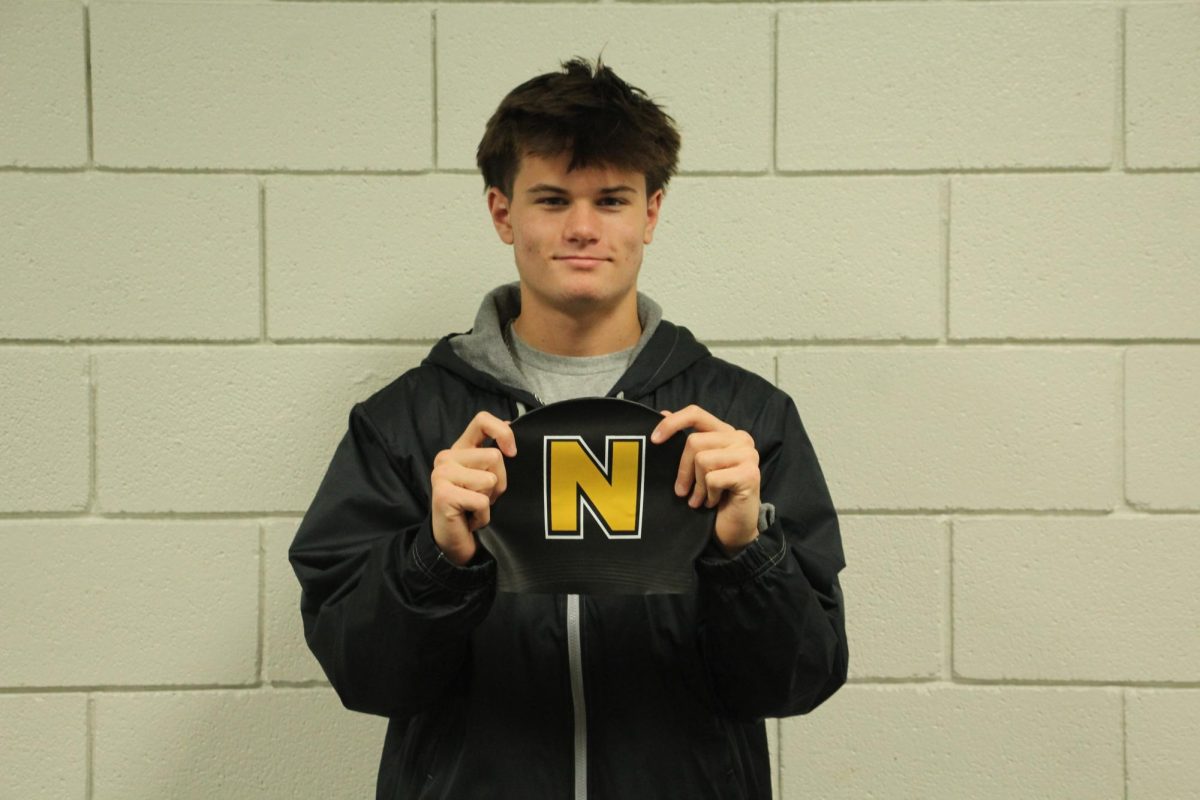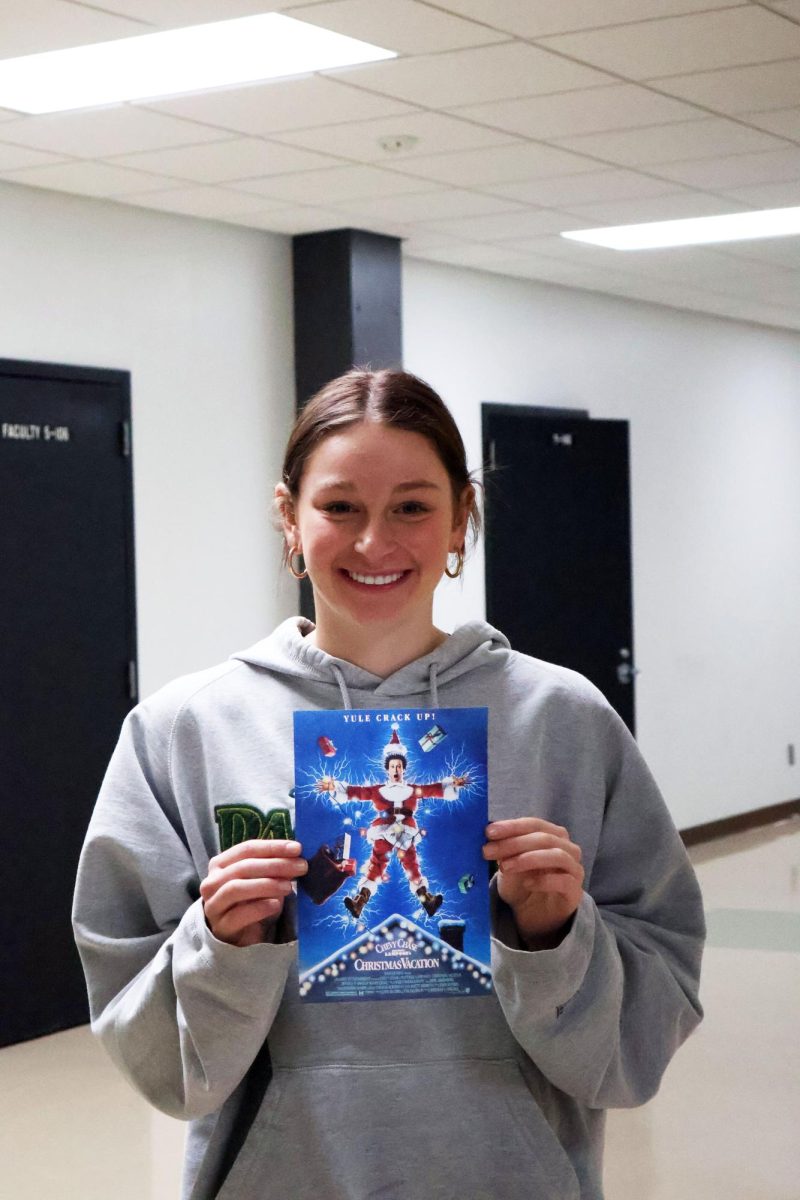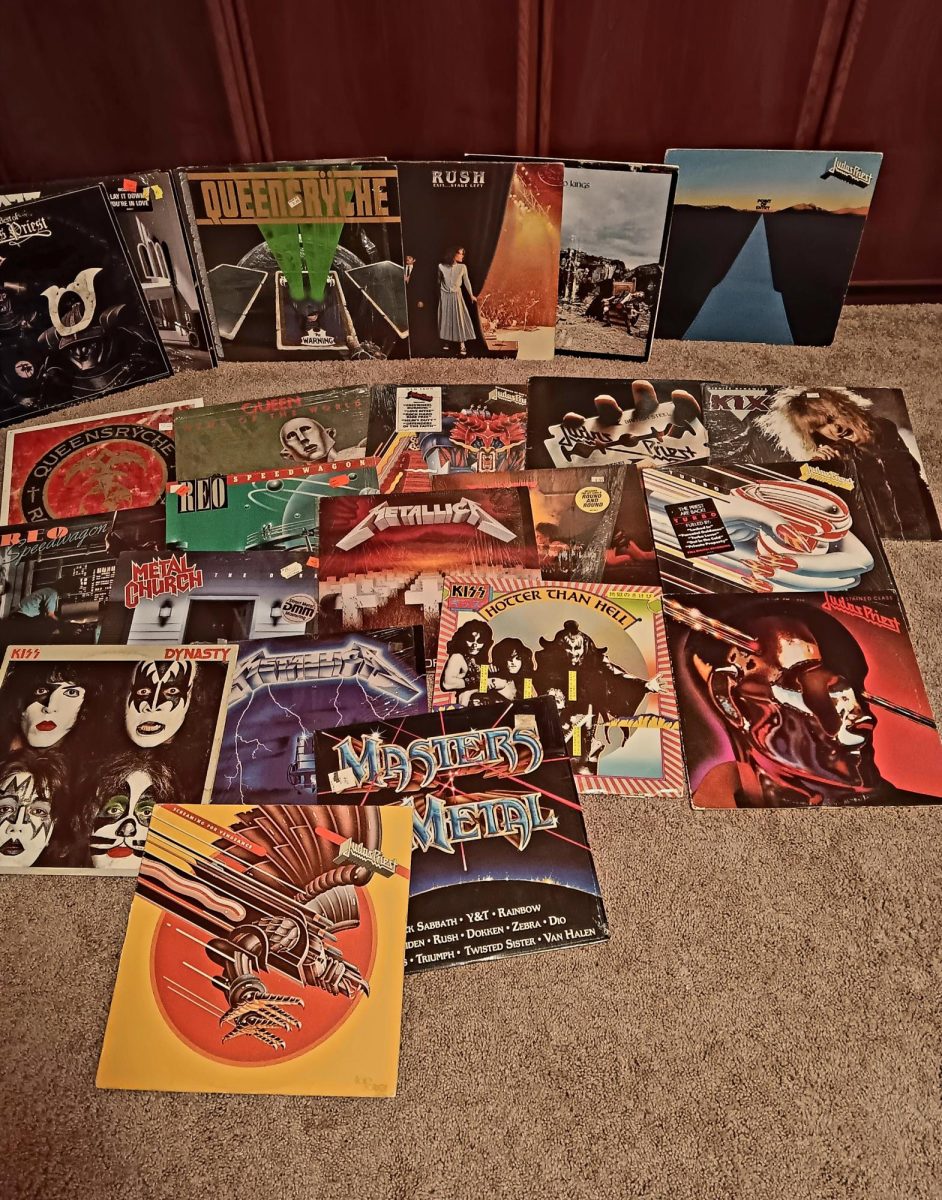Should the legal voting age be lowered?
April 7, 2021
In 1971, the U.S. Constitution was changed, lowering the legal voting age from 21 to 18 for federal elections. Since 2013, U.S. cities have pushed to lower the voting age once again.
Takoma Park, Maryland, just outside of Washington D.C., was the first city to make the change. In November of 2013, the city council of Takoma Park made the decision to lower the voter age limit for local elections from 18 to 16. San Francisco and other large cities have also considered lowering the legal voting age. To date, there have been no such proposals released to the public to change the voting age in Newton or Harvey County.
According to the Governing Archives, officials in Takoma Park hope that getting people involved in local government at a younger age will encourage them to stay more engaged throughout their life. Takoma Park, like other cities of similar size, had very low voter turnout, which was part of the need for a lower age limit. Takoma Park city council member Tim Male started the push for change, because only about 30% of adults were voting in local elections. Male said critics were fixated on the idea that 16 and 17-year-olds are too immature to vote. When asked about the issue, senior Ben Gering says that young adults gaining the ability to vote would be beneficial because they have a different perspective and are more motivated for change, but also thinks that bringing underage voters into elections could result in more throwaway votes.
“Lowering the voting age will lead to more throwaway votes since it is often difficult for younger people to fully embrace the impact of the political system,” Gering said. “To many, the government and the offices that are being run for are distant and far away, meaning that less younger people will feel connected. Due to this potential lack of connection and care, more people will vote for throwaway candidates.”
According to the National Youth Rights Association (NYRA), the number one reason that the legal voting age should be lowered is because young people have adult responsibilities, but are denied the same rights. The NYRA’s reasoning was this; people under 18 are contributing and active members of society. Millions are employed and volunteer in the community. Many people under 18 also have “adult” responsibilities, such as being the primary caregiver for a family member, running a business and making substantial financial contributions to households.
Junior Darcy Hunter said that when people are young, they are still discovering who they are, what their values are and where they belong. Most young people do not want to be rejected by peers or by those that they look up to so they conform and follow the political ideas of those around them, sometimes without careful research. Another observation that Hunter found interesting is that the message of the modern age is to reject conformity, yet many young people are doing the opposite and putting themselves into boxes based on their identity and ideology, which also plays into voting.
“I think the tendency to follow the crowd is strong with younger people. It was especially demonstrated during the recent election that people will do just that instead of doing research for themselves and will parrot false information told to them,” Hunter said. “Politicians desperate to be in office can give false promises to ensure their candidacy. It also happens in adult voters, but I think the youth is quite susceptible to propaganda.”
Britannica’s ProCon page says that one reason the voting age should not be lowered is because the vast majority of Americans agree that 16 and 17-year-olds should not be given the right to vote. A Hill-HarrisX poll from 2019 found that 84% of registered voters were against lowering the voting age to 16. The poll found that every age group surveyed was opposed to young adults voting, the most supportive group being the under 35 age group, where only 39% were in favor of the voting age being lowered.
“I think a lot of times the older generations think about taxes and gas and money and do not always think about how much the President’s actions and choices will affect the younger generation. We are the future but we do not get a chance to make a difference in our future until we turn 18 so we leave our future to adults who do not really know what is best for us because they only think about life as they were kids or life for them as adults,” junior Alexis Epp said. “A lot of older generations got their opinions and choices from their parents because that was the stigma that you believe the same things as your parents and grandparents. In today’s generations a lot of 15 to 17-year-olds have formed their own opinions and make their own choices without following their parents. I think having younger voters could be a great but also a terrible thing. A lot of time younger people just follow the “trends” and think that is right without doing their own research to completely understand everything they need to know.”
According to Fairvote, lowering the voting age has worked well in several locations already. Two Maryland cities successfully extended local voting rights to 16 and 17-year-olds. Several nations including Germany, Brazil, Austria, Argentina and the United Kingdom have also extended voting rights to 16-year-olds for local, regional and even national elections. More than 15 U.S. states already allow 17-year-olds to vote in primaries to nominate candidates for President, Governor and Congress.
The National Academy Foundation (NAF) says that voting is important because it is an opportunity to help in choosing leadership that represents the people’s voices. One NAF student from Nevada voiced her opinion that voting allows people to voice their concerns and beliefs as citizens. As voters, people have the power to dictate the direction of education, workforce development and more issues.
A survey of 76 NHS students showed that if the legal voting age was lowered to 16, 50% said that they would vote, while 40% would not and 10% gave other responses.
“Voting is so important because it is the best avenue for people having their voices heard on a variety of issues. It is best to know a little bit about political issues before you choose a candidate to vote for,” senior John Koontz said. “18 is just the standard age where people are considered an “adult” and so it makes sense that 18 would be the minimum age for voting.”

